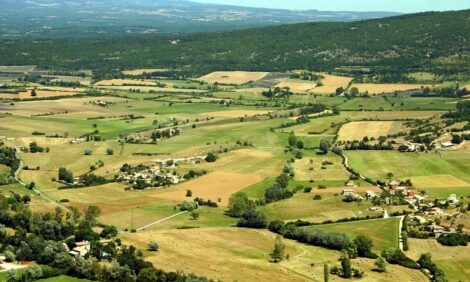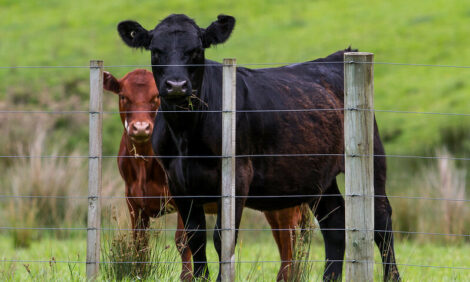



Environmentalists Have a Beef With Livestock Industry
US - For years, environmentalists in Texas have linked power plant emissions to global warming. But new studies suggest another factor contributing to Texas' ranking as the U.S. leader in greenhouse gas emissions: cows.| THE ISSUE: Livestock and global warming are becoming synonymous. |
This month, an article in the British medical journal the Lancet said people should eat 10 percent less meat, or, put another way, limit meat consumption to about one small hamburger per person per day to help stave off global warming. The article was the latest in a batch of reports to draw a connection between livestock and global warming.
Some scientists say that raising animals for meat contributes to climate change. The deforestation often required for grazing land means fewer trees to absorb greenhouse gases, which are blamed for global warming. Meanwhile, the energy used to grow feed grains and to transport meat leads to emissions of the greenhouse gas carbon dioxide. Also, manure and livestock flatulence can produce the greenhouse gas methane.
Texas leads the nation in beef production, with a population of about 14 million head of cattle, according to U.S. Department of Agriculture statistics.
National and regional cattle groups waved off the recent findings and said they aren't worried about meat consumption slipping.
"A number of the studies that have come up lately have grossly overstated the amount of greenhouse gases that are attributable to livestock production," said Joe Schuele, a spokesman for the Colorado-based National Cattlemen's Beef Association.
Source: Austin American-Statesman


